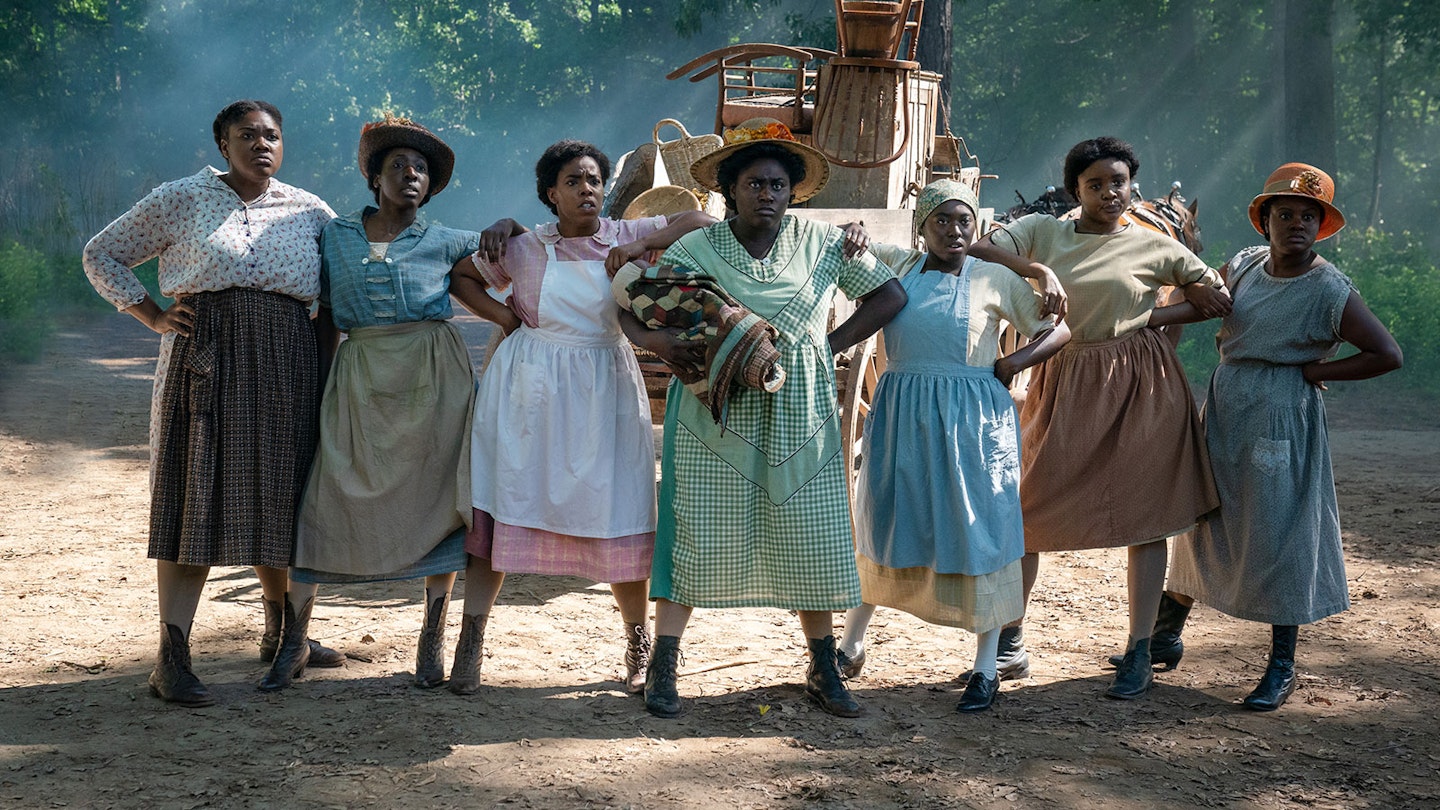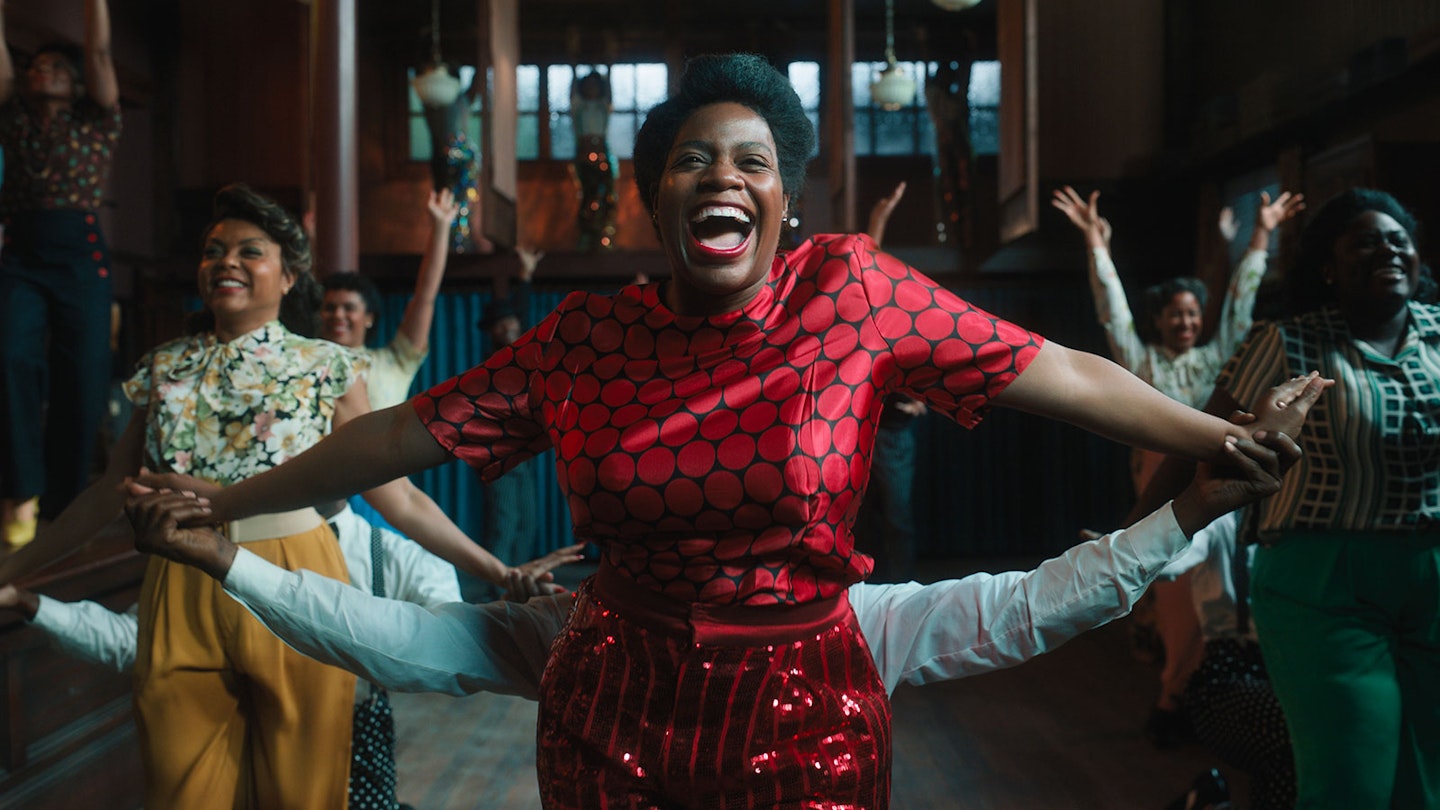There’s always been something of the musical about Steven Spielberg’s 1985 version of The Color Purple. It has a couple of songs. a beautiful high-key look, and plays down some of the more adult aspects (domestic violence, lesbianism) of Alice Walker’s Pulitzer-prize-winning novel to play up the book’s uplift to the hilt. Spielberg’s film, rather than the novel, is clearly the inspiration for this musical version based on the Tony-award-winning Broadway hit, which delivers an exuberant, beautifully crafted, ultimately moving take.

Debut feature director Blitz Bazawule begins his story on the striking Georgia coastline, aeons away from Spielberg’s green fields. The story that follows cleaves close to Walker’s novel in incident if not tone: married to the abusive Mister (Colman Domingo), downtrodden Celie (American Idol winner Fantasia Barrino) draws strength from two women in her orbit: blues singer/Mister’s true love Shug Avery (Taraji P. Henson) and the assertive Sofia (Danielle Brooks). Perhaps bending to musical genre conventions, the Celie-Shug relationship is chaste, Sofia’s heart-wrenching storyline divested of onscreen brutality, and some of the dramatic set-pieces (Celie razor-shaving Mister) lack oomph. Instead, Bazawule charms with magical-realist touches — photographs and letters spring to life before your eyes — and reels you in through performance and music. By the time it arrives at the brilliantly staged dining-table showdown, you are deeply invested.
This is Fantasia Barrino’s moment and she grabs it with both hands.
When it is singing and dancing, The Color Purple soars. Bazawule, a director on Beyoncé’s visual album Black Is King, brings his musical A-game with ‘Opening/Mysterious Ways’, an exuberant, gospel-tinged banger full of colour-coded costumes and dynamic framing. Other musical highlights include ‘Hell No!’, Sofia’s stomping rejection of male violence, Shug’s cheeky ‘Push Da Button’, and some imaginative flights of fantasy: one number is staged on a giant gramophone, another blows up into a full-blown RKO musical extravaganza. There’s even a nod to Spielberg’s version, with Shug singing ‘Miss Celie’s Blues’, her delicious song from the 1985 flick.
The central trio are great. Henson is a force of nature as Shug, and Brooks’ Sofia is formidable without ever descending into caricature. But, as with previous Celie Whoopi Goldberg in 1985, this is Barrino’s moment and she grabs it with both hands, beautifully etching Celie’s growth from servitude to consciousness. When it’s time for her showstopper ‘I’m Here’, Bazawule has the smarts to calm his camera and let Barrino do her stuff. And she is a marvel.
